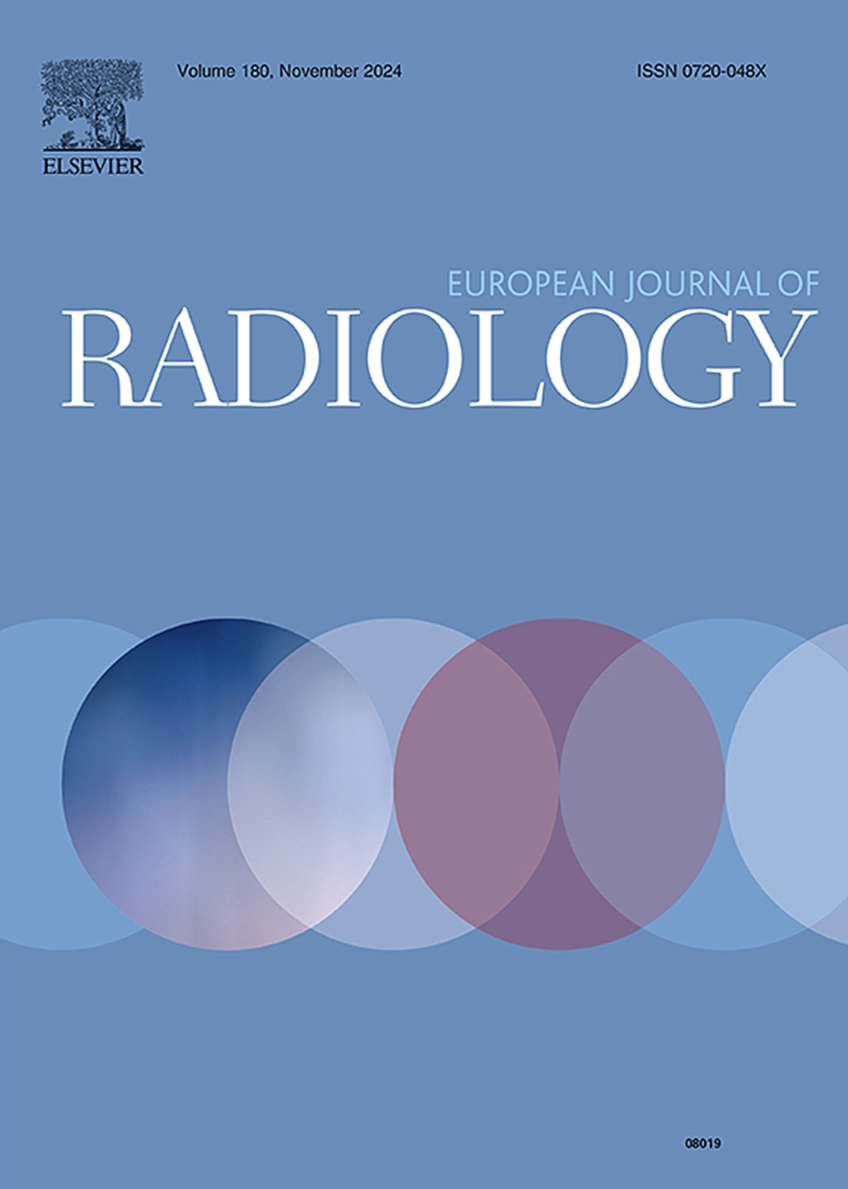Objective
The purpose of this study is to externally validate RBknee for radiographic knee osteoarthritis severity classification on a clinical dataset.
Open access
This research is open access
This original research can be read in the European Journal of Radiology in volume 150, published May 2022.
Funding and conflicts of interests
This work was sponsored by Horizon 2020, the EUROSTARS subdivision with grant number E! 12835 – X-AID. Parts of the salary for Mathias Willadsen Brejnebøl and Anders Lenskjold come from a Eurostars grant where the consortium includes the Department of Radiology at Bispebjerg and Frederiksberg Hospital, Denmark, Radiobotics ApS and Macadamian. As part of the project agreement the Department of Radiology must validate products developed by Radiobotics ApS. Martin Axelsen and Michael Lundemann are employees of Radiobotics ApS. Mikael Ploug Boesen is part of the medical advisory board at Radiobotics ApS and holds parts in the company. Rikke Bachmann, Ulrik Ratjen, Ida Vibeke Hansen, Janus Damm Nybing, and Philip Hansen have nothing to declare.
